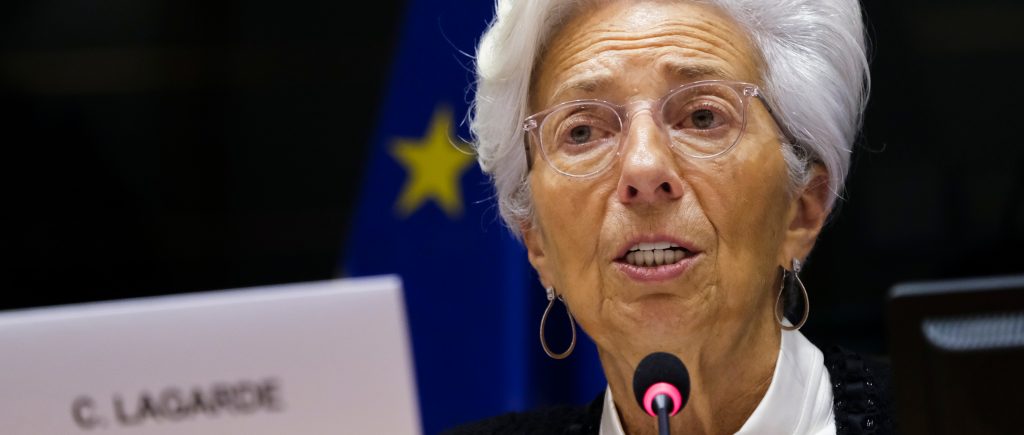In a stark contrast to her US Federal Reserve counterpart, Jerome Powell, the European Central Bank President Christine Lagarde has reiterated that borrowing costs will stay at record highs despite weaker inflation projections.
In spite of the fact that price pressures are still high and inflation will shortly recover, ECB President Christine Lagarde pointed out that more work needs to be done, including keeping rates.
A modest shift in policy was revealed by the ECB, which announced plans to phase out its final remaining bond-buying program—a holdover from the COVID-19 outbreak. This is not a move to the dovish side, unlike the Fed, as some analysts believe that these rates will need to be maintained for some time.
The Eurozone’s inflation rate was 2.4% in November, but because of certain tax adjustments and a smaller base of comparison from a year ago, it was predicted to slightly increase in the upcoming months. According to Lagarde, domestic inflation—which is mostly caused by wage expenses in the 20 Eurozone countries—is not going down.
Traders’ bets on the ECB rate cuts, which are now expected to start in April instead of March and total nearly 150 basis points next year—as opposed to as much as 160 basis points prior to Thursday’s decision—were only marginally reduced.
According to economists, the central bank would not be able to lower rates as much as is now anticipated without a more severe economic downturn and inflation that consistently falls below 2%.
The ECB’s record-high 4% deposit rate is maintained following its decision on Thursday. Reduced growth and inflation are predicted by the revised economic forecasts, especially for the upcoming year. Since then, there has been a notable decline in bond yields, which has lowered borrowing costs, reversing the ECB’s tightening and possibly boosting inflation.
One bright spot for the ECB has resulted from the bond market rally: it has enabled it to gradually reduce its Pandemic Emergency Purchase Programme, which was introduced during COVID-19 in an effort to maintain market stability and fend off deflation.

 Noor Trends News, Technical Analysis, Educational Tools and Recommendations
Noor Trends News, Technical Analysis, Educational Tools and Recommendations




